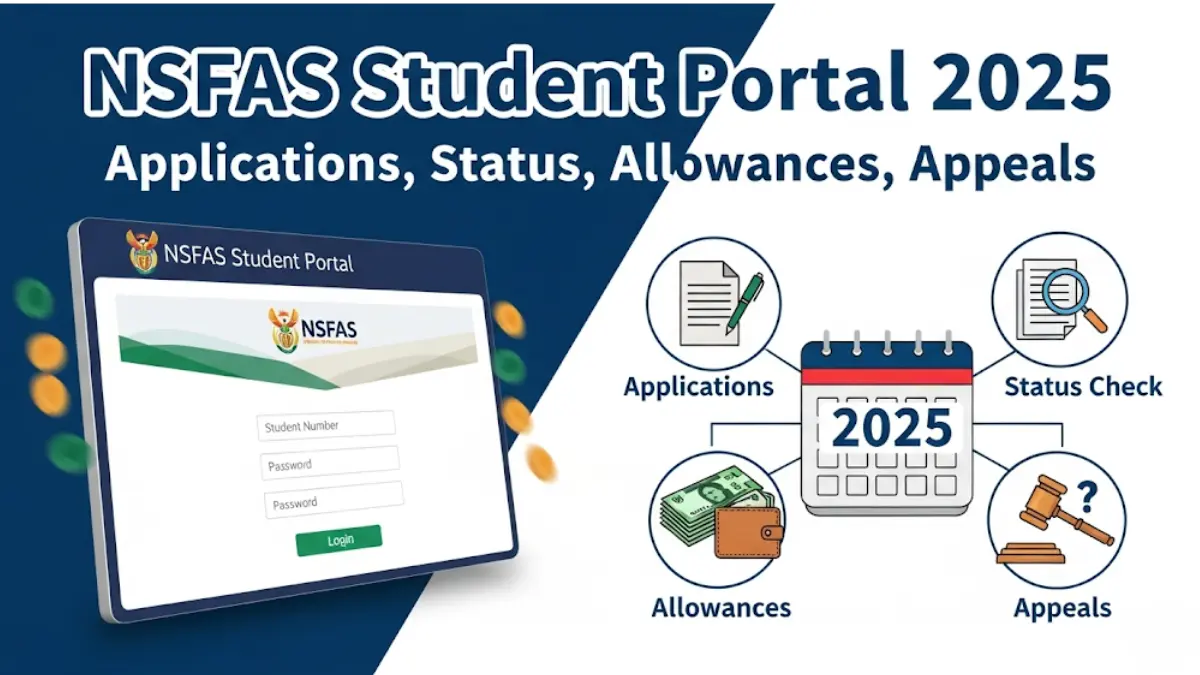Lithuania e-Residency 2025: Complete Guide Benefits Application Process
Lithuania’s e-Residency program launched on January 1 2021 offers a unique opportunity for non-Lithuanian citizens to access various services provided by the Lithuanian government and other institutions. This program is particularly useful for location-independent entrepreneurs such as software engineers who wish to manage their business activities remotely. In this guide we will walk you through the process of applying for e-Residency in Lithuania in 2025.
What is Lithuania e-Residency?
Lithuania’s e-Residency program allows individuals to establish a digital identity within the country. This digital identity enables access to government services including company formation tax declaration and the ability to open bank accounts. E-residents receive a smart card similar to the Lithuanian identity card which can be used for electronic identification and electronic signatures. This program is modeled after Estonia’s e-Residency initiative and aims to attract digital entrepreneurs to Lithuania.
Who Can Apply?
To be eligible for Lithuania’s e-Residency you must:
- Be at least 18 years old
- Hold a valid passport or travel document recognized by the Republic of Lithuania
- Intend to use the administrative public or commercial services provided electronically in Lithuania
It is important to note that while e-Residency provides access to various services it does not grant physical residency or citizenship in Lithuania.
Read More: How to Apply for Estonia e-Residency 2025: A Step-by-Step Guide
Step 1: Access the Application Portal
Begin by visiting the official Lithuanian Migration Department’s e-Residency application portal On the homepage navigate to the section for foreigners and select your country of citizenship. Then click on the “I want to become an e-Resident” tab and proceed with the application process.
Step 2: Complete the Online Application
You will need to provide:
- Personal details: Full name nationality address and email
- Passport information: A scanned copy of your passport
- Motivation statement: A brief explanation of why you are applying for e-Residency
- Payment: The state fee of €90 payable via the government payment gateway
After submitting the application you will receive a verification code via email to confirm your identity.
Step 3: Submit Biometric Data
After completing the online application you must appear in person at an external service provider or the Migration Department in Lithuania within 4 months. During this visit you will need to:
- Present your valid passport
- Provide biometric data including a facial image and fingerprints of two fingers
- Submit any additional documents required for identification purposes
Step 4: Await Approval
The decision on granting e-Residency status is typically made immediately upon submission of biometric data. If approved you will be granted e-Residency status for a period of 3 years.
Step 5: Collect Your e-Residency Kit
After approval you will receive an electronic identification and electronic signature means. This includes:
- Digital ID card: For secure online identification
- Qualified certificate: For electronic signatures
- Login credentials: For accessing government services
You must collect your e-Residency kit in person at the location where you submitted your application. The kit must be collected within 6 months from its issuance.
Step 6: Activate Your e-Residency
Once you have collected your e-Residency kit you need to activate it through the Lithuanian Migration Information System (MIGRIS). This step ensures that you can start using your digital identity for accessing various services.
Also See: Palau e-Residency 2025: How to Apply, Benefits
Services Available to e-Residents
As an e-resident of Lithuania you can:
- Sign documents digitally: Use your e-signature for legal and business documents
- Access government services: Log into the Electronic Government Gateway and other public services
- Declare taxes: Use the State Tax Inspectorate’s self-service system for tax-related matters
Limitations of Lithuania e-Residency
While Lithuania’s e-Residency program offers several benefits there are some limitations:
- No online company registration: Unlike Estonia Lithuania currently does not allow e-residents to register companies online
- No bank account access: E-residents cannot open bank accounts remotely
- Language barriers: Some services may only be available in the Lithuanian language
Future Developments
Lithuania plans to expand the e-Residency program by introducing:
- Online business registration: Allowing e-residents to register companies remotely
- Integration with international financial services: Facilitating bank account opening for e-residents
- Enhanced support for foreign entrepreneurs: Providing advisory services to assist e-residents in managing their businesses
Conclusion
Applying for Lithuania’s e-Residency in 2025 is a strategic move for digital entrepreneurs seeking to establish a presence in the European Union. By following these steps and understanding the available services and limitations you can effectively leverage this program to manage your business activities remotely. Stay informed about future developments to fully benefit from the expanding e-Residency opportunities in Lithuania.
For more detailed information and to begin your application visit the official Migracijos departamentas website.


